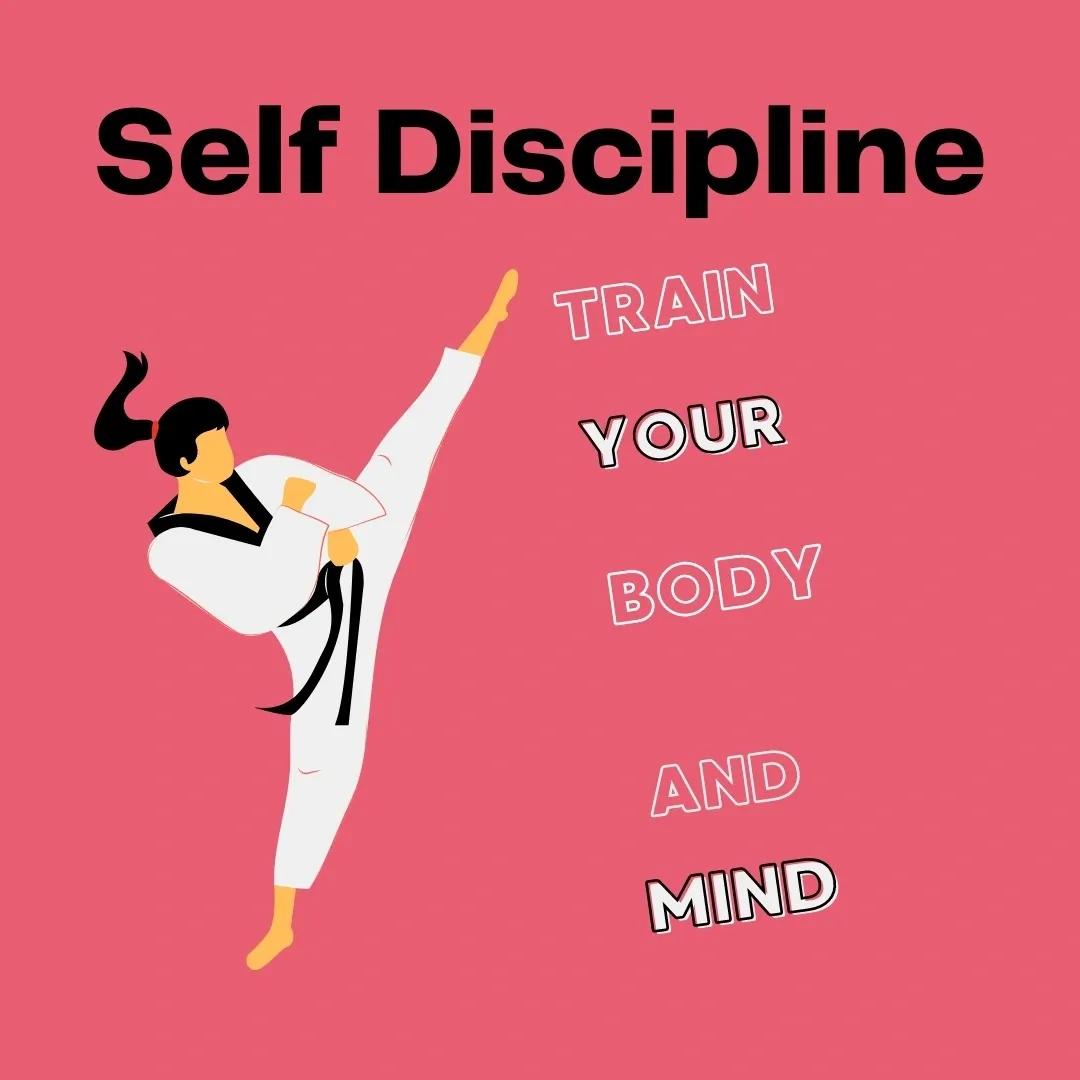Self-discipline is a cornerstone of personal and professional success. It enables individuals to stay focused on their goals, resist distractions, and take consistent action even in the face of challenges. While many view self-discipline as an inherent trait, it’s a skill that can be cultivated through deliberate strategies. This article explores effective methods to build and maintain self-discipline in today’s fast-paced world.
Why self-discipline matters
Self-discipline is more than just resisting temptation; it’s about creating habits that align with long-term goals. Whether it’s excelling at work, maintaining physical health, or managing finances, disciplined individuals are better equipped to navigate life’s complexities. Moreover, research shows that self-discipline directly correlates with higher life satisfaction, improved productivity, and greater emotional stability.
Effective strategies for building self-discipline
- Set clear goals
Clarity is crucial when working toward self-discipline. Define your goals in specific, measurable terms. For example, instead of saying, "I want to exercise more," commit to "working out for 30 minutes, five days a week." Clear goals provide direction and make it easier to track progress. - Prioritize tasks
Use tools like the Eisenhower Matrix or simple to-do lists to determine which tasks are most urgent and important. By tackling high-priority tasks first, you avoid procrastination and ensure steady progress. - Practice time management
Scheduling your day can significantly improve discipline. Allocate time for work, rest, and leisure to create a balanced routine. Tools like calendars and productivity apps can help you stay organized and committed. - Start small
Discipline grows through small, consistent actions. Begin with manageable changes, like waking up 10 minutes earlier or cutting back on one unhealthy snack per day. Gradual improvement prevents burnout and builds confidence. - Use accountability systems
Share your goals with a friend, mentor, or accountability partner who can monitor your progress and provide encouragement. Alternatively, consider apps and platforms that track your habits and send reminders to stay on track. - Reward yourself
Positive reinforcement is a powerful motivator. Celebrate small victories with rewards that align with your goals, such as treating yourself to a relaxing activity after completing a challenging task. - Learn to say no
Practicing self-discipline often means setting boundaries and declining invitations or opportunities that detract from your goals. Politely saying "no" helps preserve your time and energy for what matters most. - Embrace failure and learn from It
No journey is without setbacks. Instead of viewing failure as a roadblock, treat it as a learning opportunity. Reflect on what went wrong, adjust your strategy, and move forward with renewed determination. - Develop a morning routine
Starting your day with purpose can set the tone for success. Activities like meditation, exercise, or journaling help foster discipline and focus throughout the day. - Practice self-compassion
Self-discipline doesn’t mean being overly harsh on yourself. Treat yourself with kindness when progress is slow or mistakes are made. A positive mindset promotes resilience and long-term commitment.
The role of environment
Your environment plays a significant role in shaping habits. Eliminate distractions from your workspace, surround yourself with supportive people, and create a setting that fosters productivity. For example, keeping your phone out of reach during work hours can drastically reduce distractions.
The neuroscience of Self-Discipline
Understanding the brain’s role in self-discipline can enhance your approach. The prefrontal cortex, responsible for decision-making and impulse control, can be strengthened through mindfulness practices and regular exercise. Furthermore, building habits minimizes reliance on willpower by automating desirable behaviors.
Real-Life examples
Successful individuals across various fields credit self-discipline as a key to their achievements. From athletes adhering to rigorous training schedules to entrepreneurs prioritizing consistent work ethic, their stories highlight the transformative power of discipline.
Self-discipline is not about perfection; it’s about persistence. By adopting effective strategies and fostering a supportive environment, anyone can master the art of discipline. The journey may be challenging, but the rewards—greater productivity, improved well-being, and the ability to achieve your goals—are well worth the effort.
Start small, stay consistent, and watch as discipline transforms your life.
Bahman Huseyn
